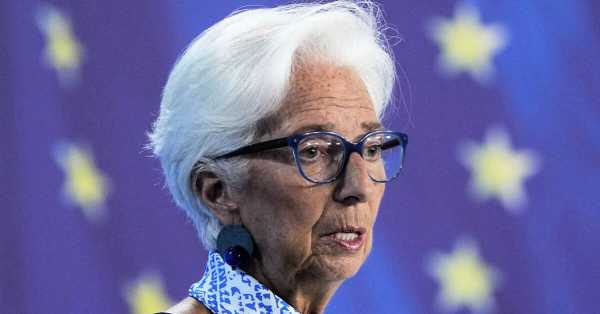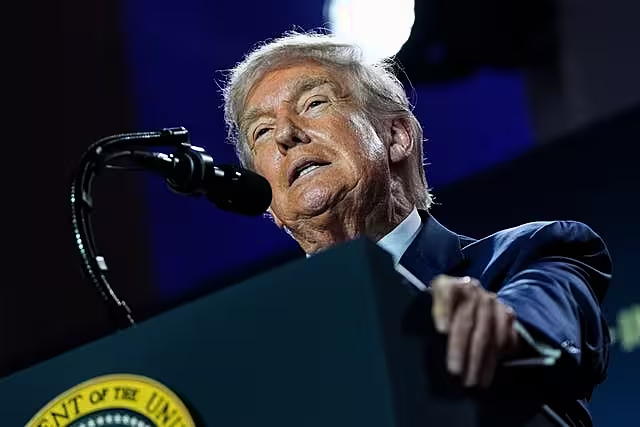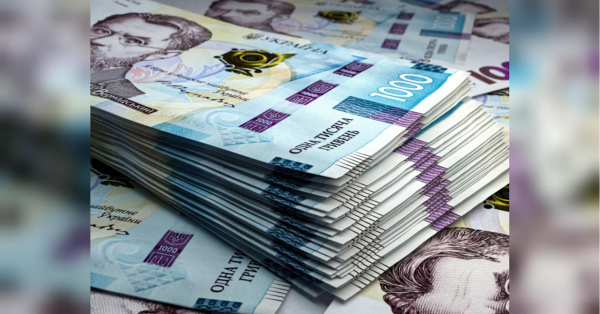
The European Central Bank left interest rates unchanged, waiting to assess how severely US President Donald Trump's tariffs will impact the economy before deciding on a possible rate cut.
The bank's governing board announced at its headquarters in Frankfurt on Thursday that the base deposit rate would remain at 2%.
“Overall, the economy has shown resilience in a challenging global environment,” bank President Christine Lagarde said at a press conference after the decision was announced.
“However, the situation remains extremely uncertain, especially due to trade conflicts.”
The ECB has already cut rates eight times since June last year, and Ms Lagarde said after its latest monetary policy meeting on June 5 that the central bank was “coming to the end of the monetary policy cycle”.

Monetary authorities in the 20 euro-using countries are cutting rates to boost growth after raising them in 2022-23 to combat inflation caused by Russia's invasion of Ukraine and the economic recovery from the pandemic.
Analysts suggest that with the current base rate at 2%, below the record 4%, we may be in for another rate cut, but not until September.
The reason for this, analysts say, is that ECB policymakers cannot predict the outcome of negotiations between the EU executive commission and the Trump administration.
Mr Trump initially imposed a 20% tariff on EU goods, then, expressing dissatisfaction with the progress of negotiations, threatened to impose a 50% tariff, and later wrote to EU officials about the possibility of imposing a 30% tariff.
EU officials had previously hoped to reach at least a 10% baseline that applies to all trading partners, and analysts say the actual rate could be lower than Trump's tariff threats. The talks were due to take place by August 1, but the earlier deadline was pushed back as the sides continued to negotiate.
As evidence of economic activity remains strong, the ECB can afford to wait and see how trade talks develop.
Higher tariffs or import taxes on European goods mean that sellers will either have to raise prices for U.S. consumers, risking losing market share, or accept additional costs in the form of lower profits.
Either way, higher tariffs will hurt European companies' export earnings and slow economic growth, strengthening the case for further rate cuts in September.
ECB rate cuts have helped support economic activity by lowering the cost of borrowing for consumers and businesses to buy goods. Higher rates have the opposite effect and are used to curb inflation by reducing demand for goods.
Sourse: breakingnews.ie






